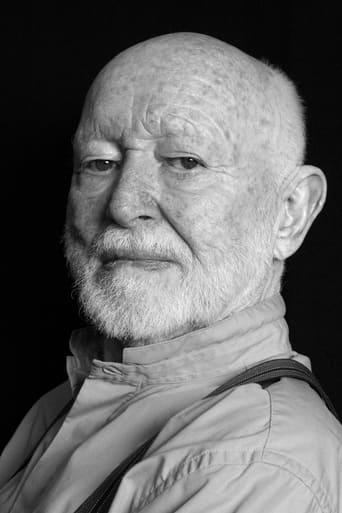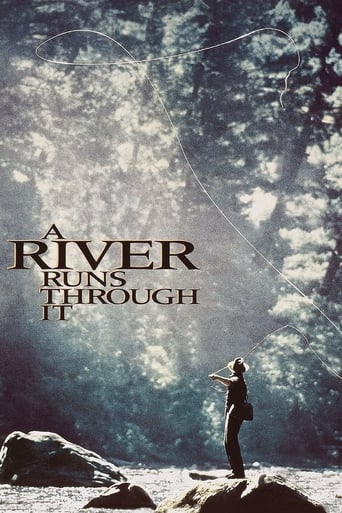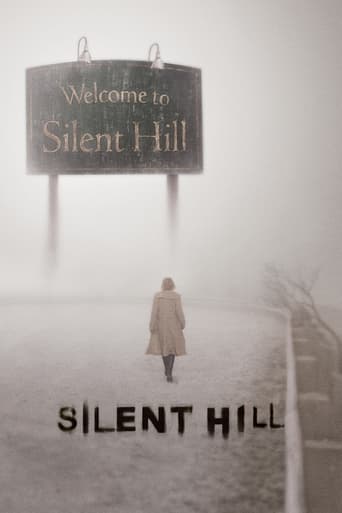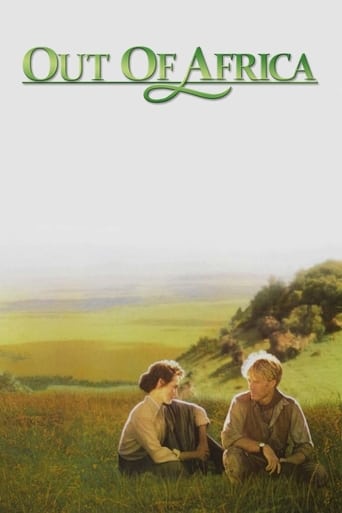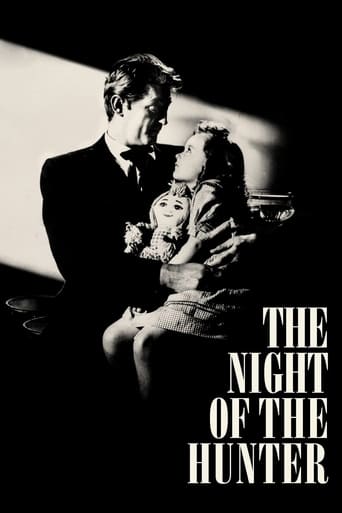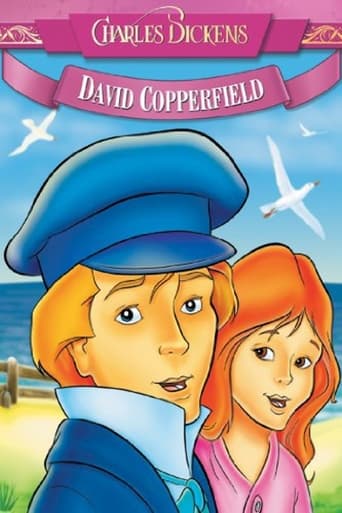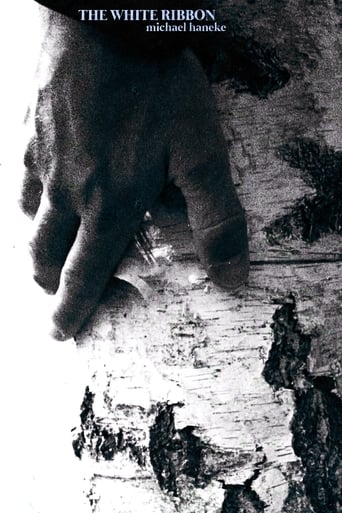
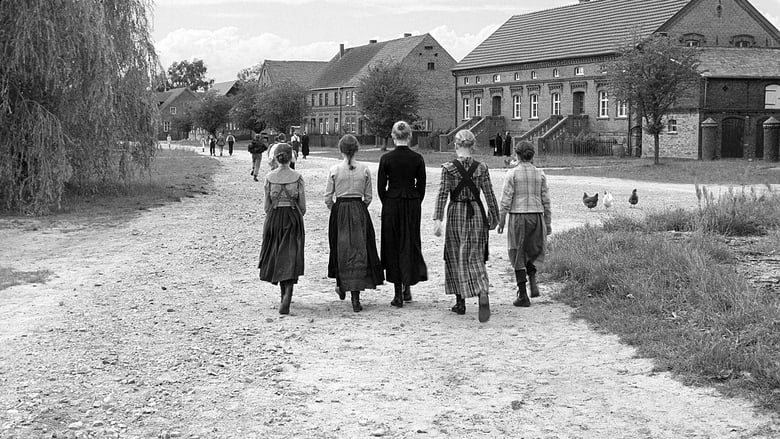
The White Ribbon (2009)
An aged tailor recalls his life as the schoolteacher of a small village in Northern Germany that was struck by a series of strange events in the year leading up to WWI.
Watch Trailer
Cast
Similar titles

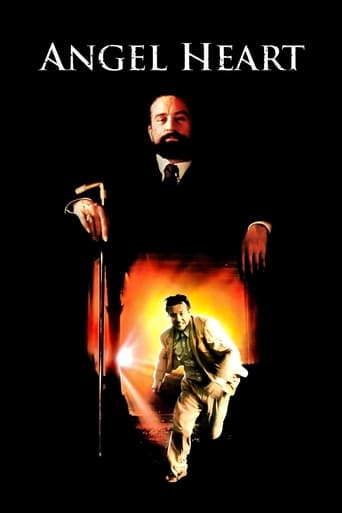

Reviews
Such a frustrating disappointment
How sad is this?
It’s fine. It's literally the definition of a fine movie. You’ve seen it before, you know every beat and outcome before the characters even do. Only question is how much escapism you’re looking for.
The film may be flawed, but its message is not.
Film Review: "The White Ribbon" (2009)Director Michael Haneke anylizes with a clever eye of beat and actions taken in a rural central European (German) village, what causes lead to passive psychological violence before spreading like a firestorm through Austrian-Hungarian as Ottoman Empire, which eventually leads to "World War One" due to the assassination of crown prince of the Austria "Franz Ferdinand" on June 28th 1914 in Sarajevo as the director just calmly as visually captures human confrontation due to power, sexual conduct and hierarchy of stand in stellar black-and-white digitally as wisely put in post-production due to already magnificient cinematography by Christian Berger, when the Berlin-based X-pool production company entrusts the exceptional director with complete creative freedom alongside his hauntly-upplaying cast, making "The White Ribbon" 135-Minutes of high suspense and cinematic conflict scene-by-scene.Copyright 2018 Cinemajesty Entertainments LLC
Might be a good movie if they cut out at least one hour but they didnt.
It will take me a long time to get this film out of my brain. We are brought into a community where a baron runs things, almost the entire village affected by his whims. He lives with his young wife and children. She hates it there and the kids are accepted grudgingly by their peers. In the village are a harsh Protestant minister, a schoolteacher, a doctor, and other figures of fierce authority, plus quite a group of children who have lived in oppressive conditions. We are mad privy to the humorless village where no one smiles and where common people live in fear of the future. Religion is presented as a venomous and ugly thing. The minister's children are routinely beaten and humiliated for their "sins" including an awful diatribe on the results of masturbation (sores, mental illness, and death). The boy is forced to sleep with his hands tied to the sides of the bed. It becomes likely that all this oppression is going to ultimately lead to some pretty bad results. Visually, this film is striking in its utter blackness.
Northern European literature is rife with family tales and coming-of-age stories told against the backdrop of Lutheran austerity. During its heyday - he 1970s and 1980s - Dutch and German filmmakers translated several of these novels to the silver screen, with reasonable results. But here comes Michael Haneke, an Austrian(!) director with the superb, original "Das Weiße Band" to belatedly capture Calvinist cinema's crown.Shot in stark black and white, "Das Weiße Band" transports us to a German village in the 1910s, where people work hard, pray hard and go nowhere, literally. If you squint, there's a touch of Twin Peaks here: Haneke's efficient script wastes no time introducing us to a variety of villagers, all of them struggling in one way or the other. Instantly, ominous things start to happen. Right from the opening credits, the atmosphere is captivating and believable. My grandparents grew up in the 1910s, and Haneke's sets look completely like their family photographs.Without giving away too much of the plot: this movie is very pretty, but contains some painful images. It is restrained and formal, but emotionally draining. It is not recommended for viewers who can't stand to see children get hurt. At the same time, it features some great, lighthearted scenes illustrating the social customs a century ago. The scenes with the schoolteacher and his fiancée are particularly priceless.Highly recommended.

